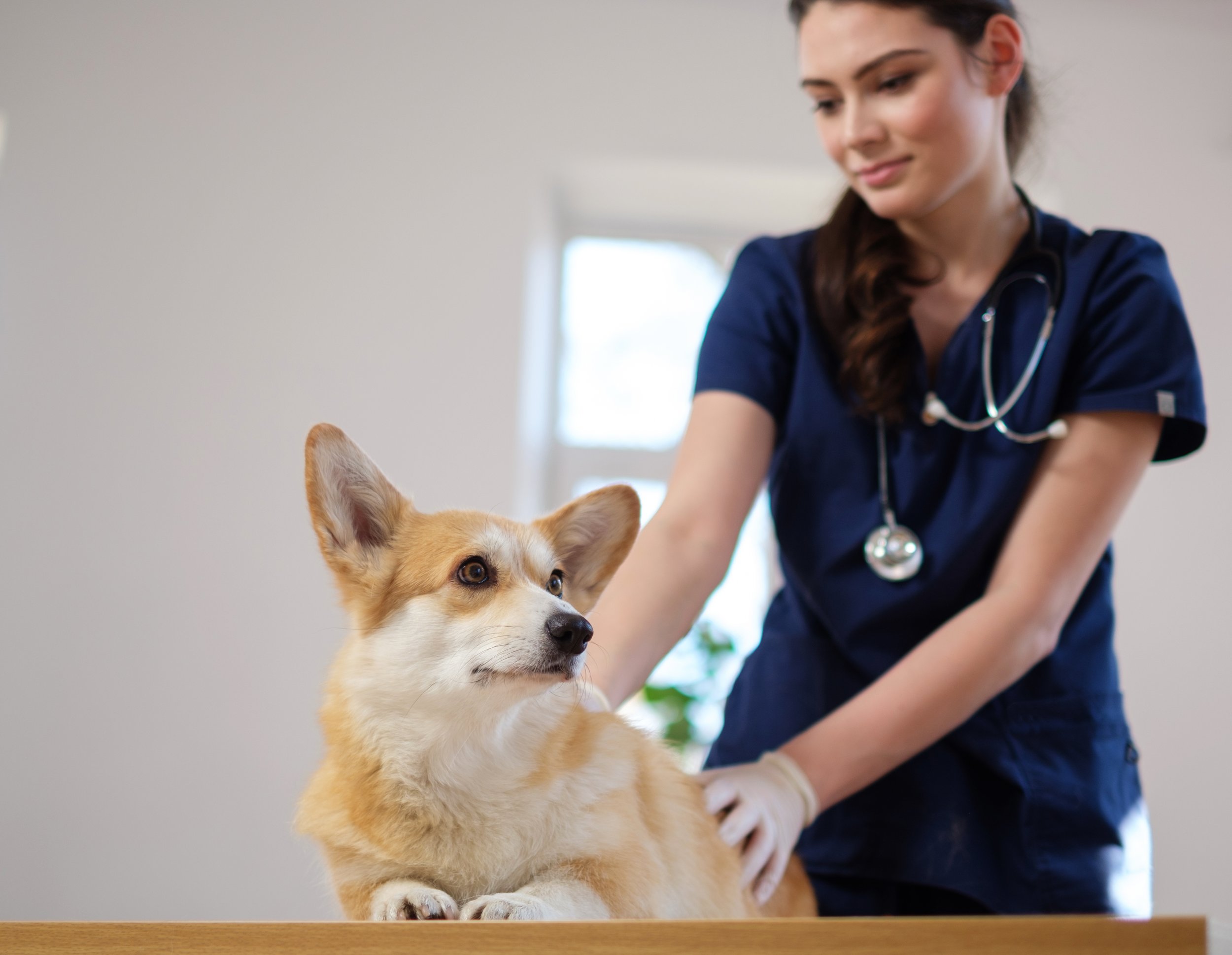
Knee Surgery (ACL & MPL)
Anterior Cruciate Ligament (ACL) injury and Medial Patellar Luxation (MPL)
ACL and MPL are the 2 most common injuries to the knee joints we face in veterinary medicine.
Cruciate Ligament Injury
The cruciate ligament is the structure responsible for holding the bones that form the knee joint, namely the femur or thighbone and the tibia or shinbone, in their normal position. When the anterior cruciate ligament (ACL) is ruptured the bitia moves forward in front of the femur whenever the pet tries to use the leg, resulting in an unstable knee. Instead of having a smoothly functioning joint, the bones will start scraping away the cartilage between them; damage to the cartilage leads to arthritis. Meniscal tear can develop subsequently.
There are 2 main causes of ACL; trauma and degeneration or weakness caused by cruciate ligament disease. Our veterinarians are experienced in diagnosing ACL rupture and offering the treatment needed for the individual patients. The only effective treatment is surgery involving a complete knee reconstruction. There are many techniques have been tried over the years in veterinary surgery and the techniques we use at Blackburn Animal Hospital have proven successful over many cases. Our veterinarians will discuss advantages and disadvantages of the techniques depending on the patient's age, weight, activity and presence of pre-existing arthritis. Our team will be here to support the recovery and discuss any concerns the patient and clients may have.
Patellar Luxation
This condition is commonly known as dislocation of the kneecap and is a very common problem in small dogs. However, this can occasionally develop in large dogs and cats. The two main causes include congenital malformation and trauma. Depending on the grade of the patella luxation, the pets can be asymptomatic, hopping and/or limping. Our veterinarians have experience in diagnosing and grading the degree of patellar luxation; we can then advise the best management plan. To correct patellar luxation, the only effective treatment is surgery but we believe that not all the patients with this condition need a surgery. We rather discuss overall management tailored to the each patient including diet, weight management, arthritis management and a surgery when needed.
We have managed many patients with ACL and Patellar luxation medically and surgically, please contact us if you have any concerns.

